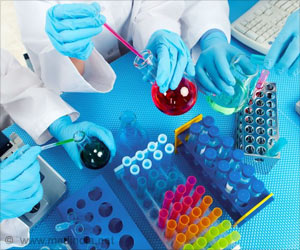
‘Alcohol often has a strong effect on people. There is more marital conflict when there is alcohol addiction involved.’
Tweet it Now
Livingston evaluated 144 teenagers who had fathers with an alcohol use disorder and who had been initially recruited for study at 12 months of age. By analyzing data that was collected regularly over the course of their lifespan, Livingston was able to identify factors that led to some of the teenagers to be involved in abusive dating relationships. "It appears that family dynamics occurring in the preschool years and in middle childhood are critical in the development of aggression and dating violence in the teenage years," she says.
Mothers living with partners who have alcohol use disorder tended to be more depressed and, as a result, were less warm and sensitive in their interactions with their children, beginning in infancy. "This is significant because children with warm and sensitive mothers are better able to regulate their emotions and behavior," Livingston says. "In addition, there is more marital conflict when there is alcohol addiction."
These conditions can interfere with children's abilities to control their own behavior, resulting in higher levels of aggression in early and middle childhood. Children who are more aggressive in childhood, particularly with their siblings, are more likely to be aggressive with their romantic partners during their teen years.
"Our findings underscore the critical need for early intervention and prevention with families who are at-risk due to alcohol problems. Mothers with alcoholic partners are especially in need of support," Livingston says. "Our research suggests the risk for violence can be lessened when parents are able to be more warm and sensitive in their interactions with their children during the toddler years. This in turn can reduce marital conflict and increase the children's self-control, and ultimately reduce involvement in aggressive behavior."
Advertisement














